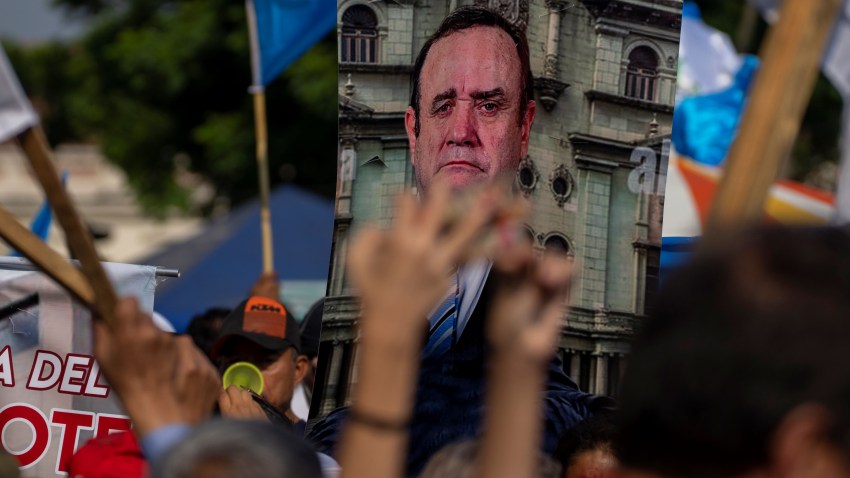Today at WPR, we’re covering Guatemala’s upcoming presidential election and the lack of accountability for U.N. peacekeepers’ failure to protect civilians in South Sudan.
Get the Daily Review sent straight to your inbox every weekday.
First, though, here’s our take on today’s top stories:
Blinken’s visit to China: After talks with China’s top foreign policy officials, U.S. Secretary of State Antony Blinken met with Chinese President Xi Jinping on Monday amid global concern about tensions between the two countries. Both sides pledged to stabilize relations and keep diplomatic lines open, even as neither side has shown a willingness to compromise on key areas of disagreement. (New York Times)
Our Take: Many media reports have included scrutiny of minute details, like Blinken and Xi’s body language while greeting each other, as well as differences in the two sides’ respective read-outs of the meeting. But more important than close readings is the big picture: Xi has publicly demonstrated his formal support for reopening communication channels, a priority for Washington. That doesn’t guarantee a thaw in U.S.-China relations, but it does signal some desire to keep tensions from getting worse.
*****
Israel: PM Benjamin Netanyahu said he will move forward this week with a planned overhaul of the country’s judiciary. The controversial reforms, which critics say are anti-democratic, had been put on hold in March after weeks of mass protests. (Financial Times)
More Context from WPR:
- Avner Inbar on how the proposed reforms strike at the heart of a much larger debate in Israeli society.
- Nino Tsereteli on how to tell if a judicial reform proposal is anti-democratic.
*****
You can read the rest of today’s News Wire, a curated selection of one must-read article from every region, here.

Columnist James Bosworth previews Guatemala’s presidential election, taking place June 25. The current president is ineligible for reelection, but he and his party have prevented any candidates who threaten to disrupt the current power structures from winning.
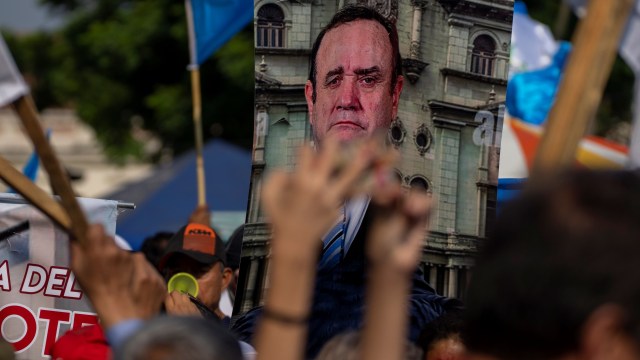
Change Isn’t on the Ballot in Guatemala’s Presidential Election
In Guatemala’s upcoming election, President Alejandro Giammattei has ensured that the country’s corrupt politics won’t be threatened. Read more.
In recent years, civilians in South Sudan have been the victims of attacks by both rebels and government forces. As Edward Carpenter and Charli Carpenter write, the U.N. mission there has a poor record of protecting them from this violence, but the mission’s civilian and military leadership has faced no accountability for their failures.
The U.N. Can Do More to Protect Civilians in South Sudan
In recent years, civilians in South Sudan have been the victims of attacks by both rebels and government forces, and the U.N. mission has a poor record of protecting them from this violence. To change this, the international community needs to hold the mission’s civilian and military leadership accountable for their failures. Read more.
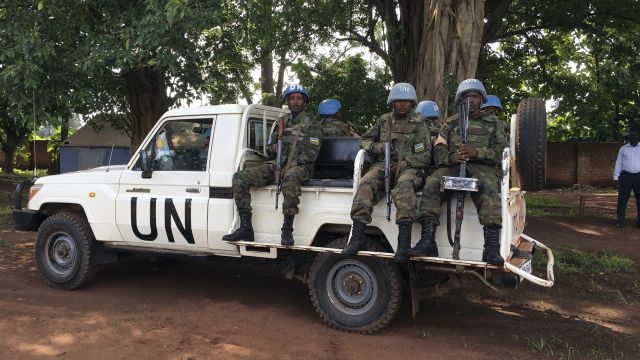

Question of the Day: Approximately what percentage of Indonesians support maintaining economic ties with Russia despite the invasion of Ukraine, according to the 2022 Democracy Perception Index?
Find the answer in the latest WPR Weekly Quiz, then read Samuel Ramani’s article on Indonesia’s proposed peace plan for the war in Ukraine.

Brazilian President Luiz Inácio Lula da Silva won election last year with an ambitious agenda that included plans to eradicate poverty and protect the environment. His plans, however, have stalled in the face of a right-wing Congress that has accused Lula of spending too much time on foreign policy and not enough on domestic issues.
Lula has already run into this issue with his environmental agenda, as Constance Malleret wrote last month:
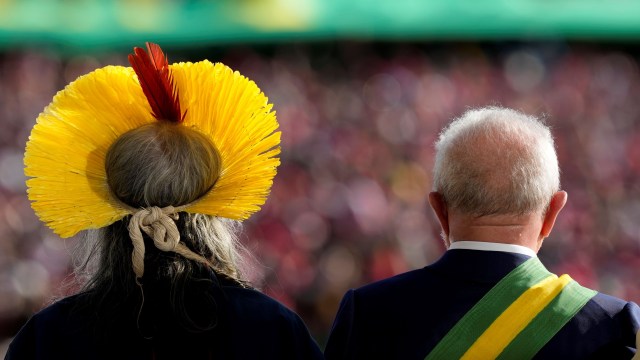
In Brazil, Lula’s Green Agenda Is Putting Him in a Political Bind
May 19, 2023 | Lula’s pledge to fight climate change and deforestation faces obstacles and could come with a political cost. Read more.
*****
In Spain, coalition governments between the conservative Popular Party and the far-right Vox party took power in 10 major cities on Saturday, following regional elections on May 28 that prompted Socialist PM Pedro Sanchez to call snap elections for July 23.
Helen Morgan wrote about Sanchez’s electoral gamble and its implications for the far-right:
Sanchez’s Snap Elections Gamble Could Benefit Spain’s Far Right
June 5, 2023 | Spanish PM Pedro Sanchez called snap elections for July following a poor performance by his PSOE in regional elections. Read more.
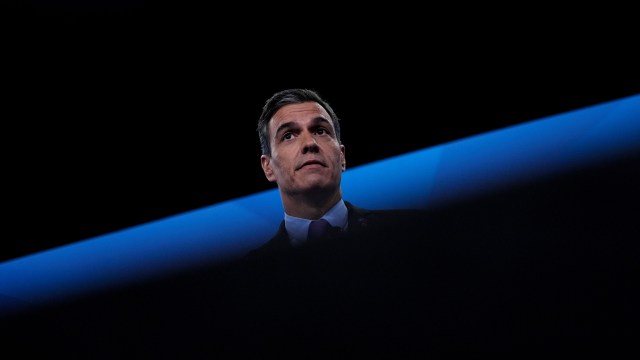
That’s all for today’s Daily Review. Be on the lookout for stories on for stories on Spain’s divisive debate on support for Ukraine and more.
Have a great day,
Jakob Cansler
More from WPR
- Leif Brottem on Benin’s counterproductive approach to battling violent jihadists.
- Paul Poast on the potential global consequences of a Russian victory in Ukraine.
- Samuel Ramani on Indonesia’s proposed peace plan for the war in Ukraine.
- Frida Ghitis on Montenegro’s turning point.
Jakob Cansler is WPR’s assistant editor and the author of the Cansler Culture newsletter.

